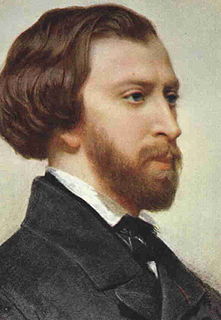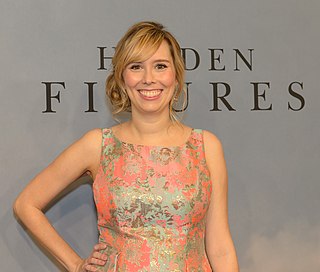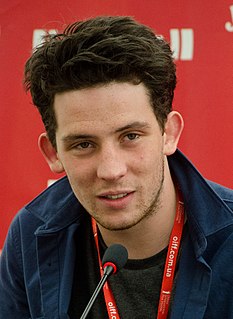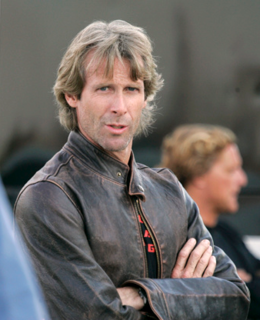A Quote by Max von Sydow
In a silent film, you speak but the audience does not hear you.
Related Quotes
The core plot of 'Mercury' is so gripping that when I thought of making it as a silent film, it only made it more interesting. Once I finished writing the first draft, making a silent film that's both thrilling and engaging seemed possible. When the film team read the final script, they felt the same.
I am moving towards that zone where I don't want to be a replaceable name. This is my goal. I want to hear from the industry that, 'You are the only one who can do this. We will not go ahead with the project if you don't do this.' And I want to hear from the audience that it is worth watching a film that I have done.



































